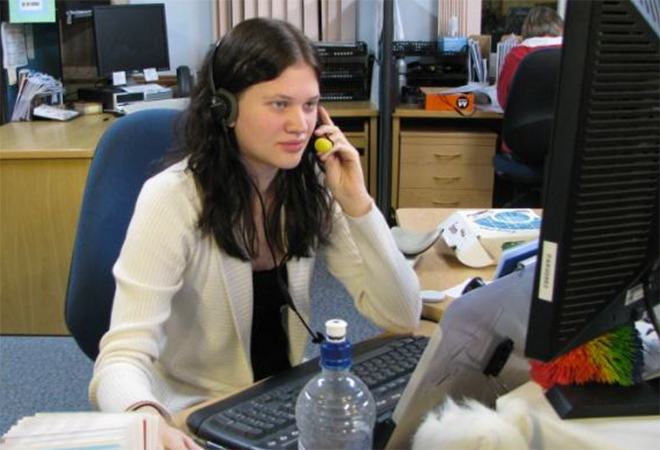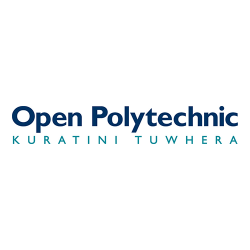
Peer mentoring: An effective approach to enhancing first-year student engagement and success
Status
Completed: 13 January 2012
Project Details
A project, undertaken by The Open Polytechnic of New Zealand, to describe a peer mentoring programme that improves the engagement and success of first-year students studying at a distance.
Aims:
The main aims of the project were to:
- increase completion rates through a targeted support programme
- improve student engagement through the mentoring programme.
Methodology:
The project used a mixed method approach including:
- an online survey gathering feedback from 550 students (10 percent) who participated in the peer mentoring programme during the year
- analysis of student course completion rates.
Team

Catherine Ross
The Open Polytechnic of New Zealand
Ron Grant
The Open Polytechnic of New ZealandStatus
Funding
$2,590.00 (excl GST)
Key Findings
The key findings from the project included:
- The student response to the mentoring programme was very positive. Contact with the mentors was encouraging and motivational; it boosted their self-confidence and helped them to feel less isolated in their study. Students also report that the phone-calls helped them to develop a sense of belonging to a learning community, motivated them to keep going and helped them with study skills, which they said was important for their learning.
- The peer mentoring programme had a positive impact on successful course completion rates. During 2007 this programme, which involved approximately 2000 students, delivered a six percent average increase in successful course completion rates. Course completion rates were measured again in 2011. Results revealed a 17 percent higher successful course completion rate of the students who were contacted at least once by the peer mentor team compared to those who were not.
- Open Polytechnic academic staff were supportive of the mentoring programme and recognised its positive contribution to student engagement and success. Also, the mentors themselves were positive about being mentors. Not only did they feel positive about being able to help and support other students but also about the impact on them personally.
Key Recommendations
The key recommendations from the project included:
Student support programmes | The Government has challenged the tertiary education sector to lift educational success and has introduced performance-based funding. Tertiary organisations therefore need to ensure that the majority of their students succeed in their study, are retained and progress to higher levels of learning. This direction brings challenges for both institutions and staff. However, these challenges can be overcome through the provision of relevant and timely student support programmes, such as peer mentoring. Such programmes contribute positively to improving student success outcomes.
Student support demands in distance learning | As more TEOs move into distance learning, institutions and their educators can be challenged to meet the student support demands of this environment. In campus-based situations, where students report being time-poor and spend a decreasing amount of time on campus, the support programmes based there can be inaccessible to them. Therefore, a programme which uses an evidence-based model of student support, is not campus-dependent, and relies only on a ‘low tech’ (telephone) solution has the potential to contribute to student support practices across the tertiary sector. The Open Polytechnic peer mentoring model is cost-effective and can be delivered at scale. The model could be developed quickly and easily by institutions and delivered to students in a timely and appropriate manner to enhance their success; it is easily customised to suit a variety of tertiary education contexts.
A guide prepared by Catherine Ross and Ron Grant.
(PDF, 446KB, 8-pages).
- 13 January 2012